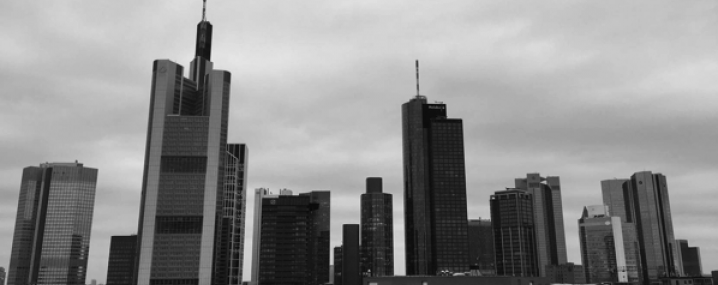Grenoble
Located in the foothills of the Alps in southeast France, Grenoble Alpes Métropole brings together 28 municipalities and 405,000 inhabitants. The city is known in France as the ‘Capital of the Alps’. For a long period in its history, Grenoble was an industrial city. Then, at the turn of the 60s, the creation of France’s national Atomic Research Centre in the city heralded a move to high-tech research and industry. The hosting of the Winter Olympic Games in 1968 reflected the city’s growing demographic and economic status.
By comparison with other French agglomerations, Grenoble Alpes Métropole is compact, with good urban integration and an efficient public transport system. However, daily traffic congestion remains a problem. During the 70s, several social housing estates were built in the metropolitan area and now house 20% of the population. Despite being well connected by urban transport, they are blighted by poverty and exclusion, and are in need of transformation.
The decision to locate the nuclear research centre in Grenoble laid the foundations for the city’s rise as one of Europe’s high-tech centres. Among the major employers are semiconductor manufacturer STMicroelectronics, Hewlett-Packard and Capgemini. Industrial firms such as Schneider Electric and Caterpillar France also have major facilities in the area, which hosts a number of R&D centres. Joseph Fourier University is one of France’s top scientific institutions and, together with its branch campus at Valence, has 19,000 students.


